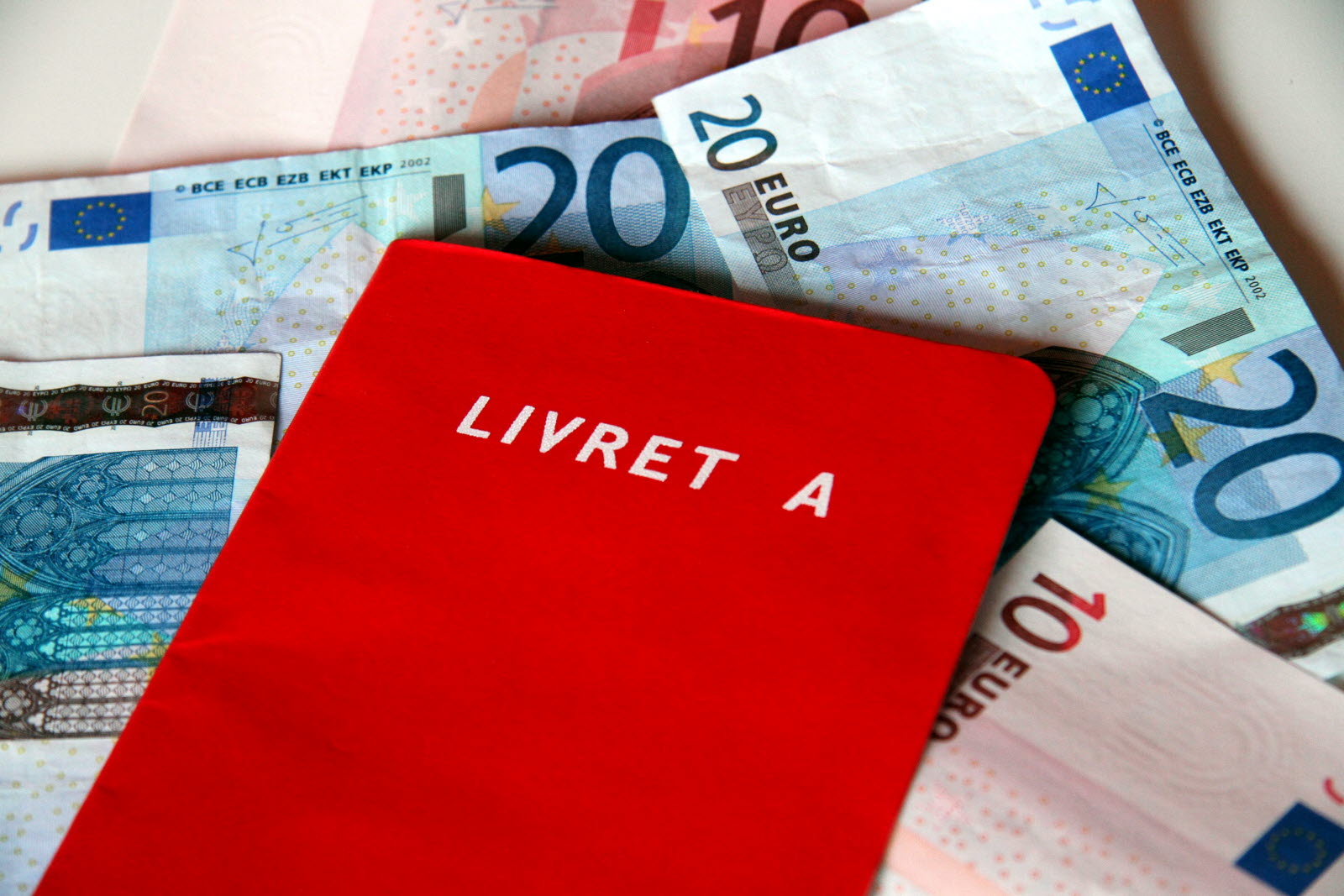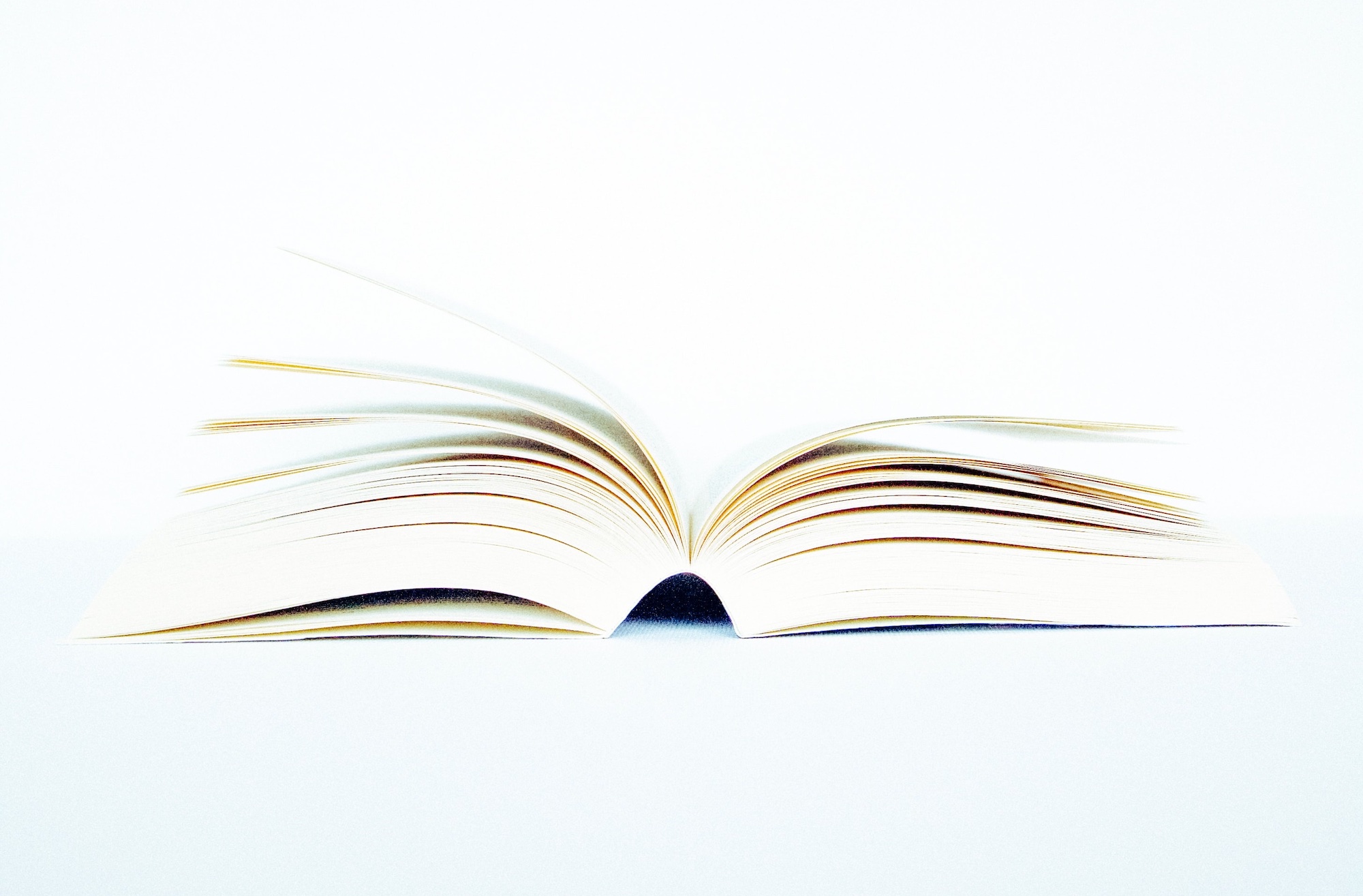What Is A Paperback Book? Your Ultimate Guide To Understanding And Loving Paperbacks
Have you ever wondered what exactly makes a paperback book so special? If you're an avid reader or just someone who loves diving into great stories, understanding the world of paperback books is a must. Whether you're holding one in your hands or thinking about buying one online, this guide will answer all your questions about what a paperback really is and why it's such a beloved format in the literary world.
You know that feeling when you walk into a bookstore, and your eyes are drawn to those soft, lightweight books with vibrant covers? Those are paperbacks, my friend. They're not just convenient; they're also affordable, portable, and perfect for anyone who loves reading without breaking the bank. But let's dive deeper into what makes them so unique.
In this article, we'll explore everything you need to know about paperback books. From their definition to their history, advantages, and even some fun facts, we've got you covered. So grab a cup of coffee, get comfy, and let's dive into the wonderful world of paperbacks!
Table of Contents
- What is a Paperback Book?
- A Brief History of Paperback Books
- Different Types of Paperbacks
- Advantages of Reading Paperbacks
- Disadvantages of Paperbacks
- Paperbacks vs. Hardcovers
- Popular Genres in Paperback Format
- How to Care for Your Paperback
- Fun Facts About Paperbacks
- Conclusion: Why Paperbacks Are Here to Stay
What is a Paperback Book?
Let's start with the basics. A paperback book is a type of book that has a soft, flexible cover instead of a hard one. Unlike hardcover books, which often come with sturdy bindings and dust jackets, paperbacks are designed to be lightweight, affordable, and easy to carry around. They're perfect for readers who want convenience without sacrificing quality.
But here's the thing—just because they're cheaper and lighter doesn't mean they're any less valuable. Paperbacks are often printed on thinner paper, making them ideal for travel, commutes, or simply curling up on the couch. And let's not forget their charm! There's something magical about flipping through the pages of a well-loved paperback.
Now, if you're wondering how paperbacks differ from other book formats, we'll break it down for you in just a bit. But for now, let's just say that paperbacks are all about accessibility and affordability, two things every reader can appreciate.
A Brief History of Paperback Books
Paperbacks didn't always exist, believe it or not. The concept of a softcover book became popular in the early 20th century when publishers realized they could reach a wider audience by offering books at a lower price point. One of the pioneers in this movement was Penguin Books, which launched its first series of paperbacks in 1935.
Penguin's goal was simple: make great literature accessible to everyone. And they succeeded big time! By using innovative marketing strategies and affordable pricing, paperbacks quickly became a sensation. People could now buy high-quality books for just a fraction of the cost of a hardcover.
Fast forward to today, and paperbacks remain one of the most popular formats for both fiction and non-fiction. They've stood the test of time, proving that sometimes simplicity is key.
Different Types of Paperbacks
Not all paperbacks are created equal. In fact, there are several types of paperbacks, each with its own unique characteristics. Here's a quick rundown:
- Mass Market Paperbacks: These are the smallest and most affordable type of paperback. They're often found in grocery stores, airports, and drugstores. Think beach reads or popular novels.
- Trade Paperbacks: Larger and more durable than mass market paperbacks, trade paperbacks are often used for literary fiction, graphic novels, and reissues of classic works.
- Massive Paperbacks: Okay, we made that one up—but you get the idea! Just kidding, but seriously, trade paperbacks are the way to go if you want a bit more quality.
Each type serves a different purpose, so it really depends on what you're looking for. If you're all about convenience, mass market paperbacks are your best bet. But if you're into collecting or want something that feels a bit more substantial, trade paperbacks are the way to go.
Advantages of Reading Paperbacks
So why should you choose paperbacks over other formats? Let us count the ways:
- Affordability: Paperbacks are usually much cheaper than hardcovers, making them a great option for budget-conscious readers.
- Portability: Their lightweight design makes them perfect for travel, commuting, or simply carrying around in your bag.
- Accessibility: Paperbacks are widely available in bookstores, online, and even in places like airports and grocery stores.
- Collectibility: Some paperbacks, especially limited editions or first printings, can become valuable collectibles over time.
Let's be real, though—there's just something about holding a paperback in your hands. The smell of the pages, the way they feel as you turn them—it's all part of the experience. Plus, they don't need batteries or Wi-Fi to work, which is always a plus!
Disadvantages of Paperbacks
Of course, no format is perfect, and paperbacks do have their downsides. Here are a few things to consider:
- Durability: Paperbacks aren't as sturdy as hardcovers, so they might not last as long if you're rough on your books.
- Size Limitations: Mass market paperbacks, in particular, can be a bit cramped, making them less ideal for long novels or heavily illustrated books.
- Environmental Impact: While they're recyclable, the production of paperbacks still has an environmental footprint, so it's worth thinking about sustainable options.
That said, most readers find that the advantages far outweigh the disadvantages. After all, there's nothing like cracking open a fresh paperback and diving into a new world.
Paperbacks vs. Hardcovers
Now, let's talk about the great debate: paperbacks versus hardcovers. Which one is better? Well, it really depends on what you're looking for.
Hardcovers: These are the granddaddies of the book world. They're durable, often beautifully designed, and perfect for collectors. However, they're also more expensive and heavier to carry around.
Paperbacks: On the other hand, paperbacks are all about accessibility. They're cheaper, lighter, and easier to find. While they might not have the same shelf life as hardcovers, they're perfect for casual readers who want to enjoy a book without worrying about its longevity.
Ultimately, it comes down to personal preference. Some readers love the elegance of hardcovers, while others prefer the convenience of paperbacks. And hey, there's nothing wrong with having both!
Popular Genres in Paperback Format
Almost every genre you can think of is available in paperback format. Here are a few of the most popular:
- Fiction: From romance to mystery to science fiction, there's a paperback for every taste.
- Non-Fiction: Biographies, self-help books, and history books are all commonly found in paperback.
- Young Adult: Paperbacks are a staple in the YA world, where affordability and accessibility are key.
- Graphic Novels: Many graphic novels are released in trade paperback format, offering a balance between quality and cost.
No matter what you're into, chances are there's a paperback out there waiting for you. And with so many options available, you're sure to find something that strikes your fancy.
How to Care for Your Paperback
Now that you know all about paperbacks, it's time to learn how to take care of them. After all, a well-loved book deserves some TLC! Here are a few tips:
- Keep Them Dry: Paperbacks are especially susceptible to water damage, so keep them away from spills and humidity.
- Store Them Properly: Store your paperbacks upright on a shelf to prevent warping or bending.
- Avoid Overstuffing: Don't cram your paperbacks into a bag or drawer where they can get squished.
- Handle with Care: Be gentle when turning the pages, and try not to bend the cover too much.
By following these simple tips, you can help ensure that your paperbacks stay in great condition for years to come. And who knows? Maybe one day they'll become a cherished part of your personal library.
Fun Facts About Paperbacks
Before we wrap up, here are a few fun facts about paperbacks that might surprise you:
- The term "paperback" was first used in the 1800s to describe books with soft covers.
- Penguin Books revolutionized the paperback industry with its innovative design and pricing strategies.
- Some rare paperbacks can fetch thousands of dollars at auction, making them valuable collectibles.
- Mass market paperbacks are often printed in smaller sizes to save on paper and ink costs.
Isn't it amazing how much history and culture is packed into those humble little books? Paperbacks truly are a testament to the power of literature and the enduring love of reading.
Conclusion: Why Paperbacks Are Here to Stay
So there you have it—everything you need to know about paperback books. From their humble beginnings to their current status as a staple of the publishing industry, paperbacks have proven time and again that they're here to stay.
Whether you're a die-hard fan or just discovering the joys of paperbacks, there's no denying their appeal. They're affordable, portable, and full of endless possibilities. So the next time you're browsing for a new book, don't forget to give a paperback a chance. You might just fall in love!
And remember, reading is one of life's greatest pleasures. So why not make it even better by choosing a format that fits your lifestyle? Now go out there and find your next great read—and don't forget to share your thoughts in the comments below!



Detail Author:
- Name : Prof. Elta Wintheiser III
- Username : marks.jaqueline
- Email : kaylie.jenkins@sawayn.com
- Birthdate : 1978-05-04
- Address : 94532 Koelpin Estates Willaberg, MD 24724-9555
- Phone : 479.439.8756
- Company : Predovic-Cruickshank
- Job : Petroleum Technician
- Bio : Deserunt ea commodi numquam vero quibusdam possimus veritatis itaque. Dolorem sapiente id aut vitae et beatae quod.
Socials
linkedin:
- url : https://linkedin.com/in/norma_koelpin
- username : norma_koelpin
- bio : Voluptatem vero ab et sed.
- followers : 2433
- following : 854
tiktok:
- url : https://tiktok.com/@norma_koelpin
- username : norma_koelpin
- bio : Ipsam illo nisi consequuntur et.
- followers : 6823
- following : 598